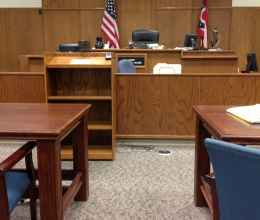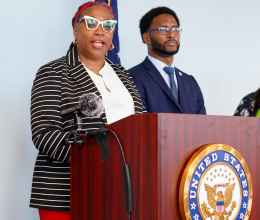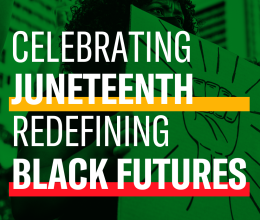In August 2015, the American Civil Liberties Union of Massachusetts and the national ACLU, together with the law firm WilmerHale, filed a public-records lawsuit against the Boston Police Department (BPD) for information about street-level encounters between BPD officers and civilians since 2010. These records relate to important issues about race and policing, and the BPD had not asserted any legal basis for withholding them. On January 8, 2016, in response to our lawsuit, the City of Boston posted to its Open Data Portal much of the street-encounter data.
We originally requested this information on September 5, 2014, because of growing nationwide concern about racially discriminatory police practices, and because a BPD-selected researcher specifically told us—and the BPD—that BPD data from 2007 to 2010 revealed racially disparate treatment of Blacks and Latinos in Boston. Subsequently, in a report dated June 2015, an academic report written independently of the ACLU found that the BPD engaged in “racially disparate treatment” and “racial discrimination” against people and communities of color from 2007 to 2010. The report’s calculations suggest that thousands of police encounters every year are attributable merely to the racial composition of Boston’s neighborhoods—specifically, the number of Black and Latino residents—rather than crime or other factors.
Now that the City of Boston has made data publicly available, it can be used to assess whether racial disparities have persisted.
This situation also shows the need to fix Massachusetts’ public records law. Current law requires agencies like the police to turn over public information like this within 10 days, but it lacks an attorneys’ fees provision or any other meaningful incentive for them to comply with the law’s requirements. Often, the only way to enforce the law is to bring a lawsuit, at the expense of the person requesting the documents.





